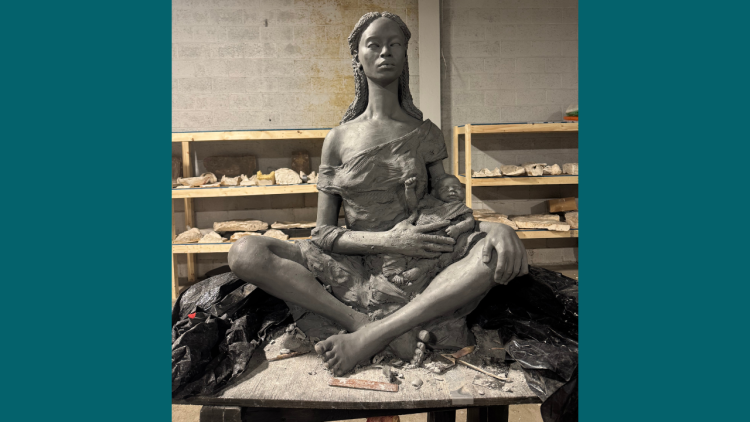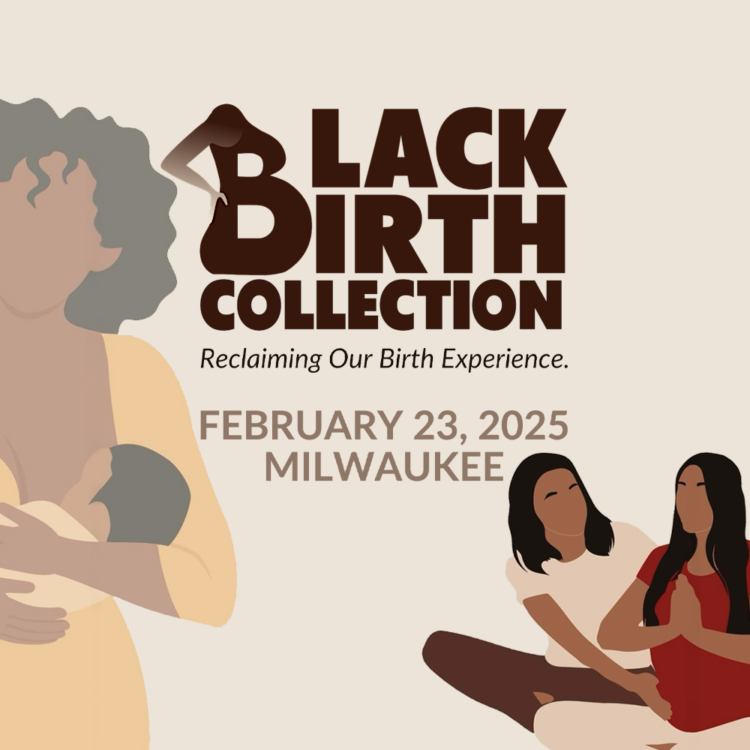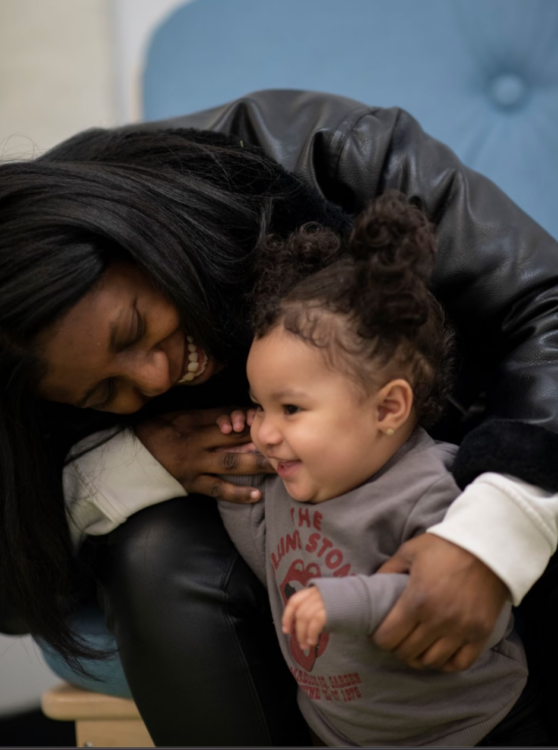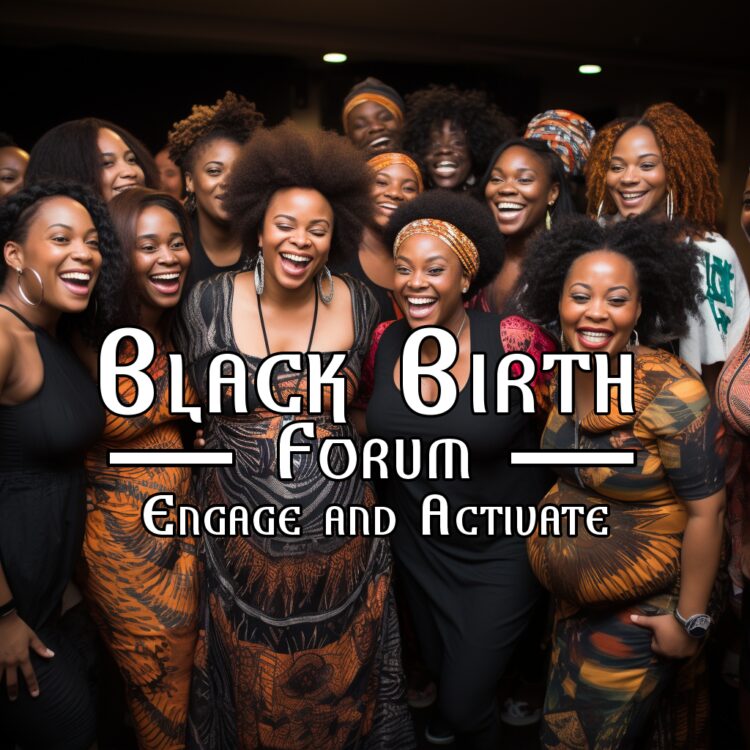Posts Tagged ‘Black motherhood’
Fate of Black Maternal Health Programs Is Unclear Amid Federal Cuts
The Black community fears that Donald Trump’s crusade against DEI will include programs that promote Black maternal health.
Read MoreHigh Risk: Black Maternal Health Documentary Screening
We want to invite you to an online screening of the documentary film *High Risk: Black Mothers Protecting Themselves and Their Babies.” CDC data show that Black women are two to three times more likely to die from pregnancy-related complications than white women, with most of the maternal deaths being preventable. This heightened risk spans…
Read MoreArtist offers preview of sculpture coming to Darbo-Worthington neighborhood
Sculptor Austen Brantley from Detroit is creating a sculpture that will be installed this summer in Madison.
Read MoreBlack Birth Collection
Celebrate and reclaim Black and brown birthing experiences! Join us for resources, support, and empowerment in maternal and infant health. The Black Birth Collection is a free community event dedicated to celebrating and reclaiming the birthing experiences of Black and brown women and babies.
Read MoreWhy Black Moms and Babies Are Dying So Often In Louisiana
Louisiana has banned abortion at all stages of pregnancy, with few exceptions. The state’s maternal mortality rate disproportionately impacts Black women. Additionally, Louisiana has both the 5th highest Black population and the 5th highest infant mortality rate in the United States.
Read MoreGuaranteed income programs for expectant mothers spreading across US
Multiple projects are opening that will provide low-income pregnant women with financial support both during their term and afterwards.
Read MoreEngage & Activate: Black Birth Forum
In follow up to the 2023 Black Birth: Maternal & Infant Health Symposium, join us to connect, hear updates, and engage in a short film and conversation.
Read MorePreeclampsia in Pregnancy Puts Black Women at Higher Risk for Stroke
A new study by the American Heart Association conducted over 25 years looks into high rates of preeclampsia for pregnant Black women and how it connects to the risk of stroke.
Read MoreMedicalized Birth and the Attack on Black Motherhood
One midwife organization is taking on the medical industry to bring their services back to the Black mothers who need them.
Read MoreBlack and Latina Mothers’ induced labor rates rise due to systematic racism
A new study found that Black and Latina mothers in the US may have been induced into labor based on the needs of White pregnant women.
Read More








